The protests against the film The Lady of Heaven reminded me of a demonstration I attended as a child. My father had taken me to Hyde Park to stand with thousands of other British Muslims to oppose Salman Rushdie’s The Satanic Verses. Ban the book, the cries went up. Some began to burn copies. Others started to chant ‘Death to Rushdie’. My father quickly grabbed my hand and turned away. ‘We are not a people who burn books or kill authors,’ he said later. He never joined a protest again.
Last week, angry young Muslim men surrounded shopping malls and cinemas in Leeds, Bolton, Sheffield, Birmingham and London to demand the banning of The Lady of Heaven. Cineworld, caught off-guard, backed down and accepted the mobs’ demands.
The BBC and Sky News, rightly worried about free speech, hosted debates (a trading of insults, really) between leaders of rival factions. More than 130,000 people signed an online petition demanding the film’s removal. But there are 3.4 million Muslims in Britain: who speaks for them?
When church clerics get involved in politics, we’re told who they are and what denomination they represent. With Islam, they’re just seen as ‘angry Muslims’. No one seems interested in digging deeper to find out what’s really going on – and how representative the activists are.
A direct line can be drawn between the Rushdie protests and those of last week. They originate from one section of the leaders of Britain’s Muslim population: the Barelvis. Named after a Muslim poet and scholar, Ahmed Raza Khan Barelvi, they have, historically, been peaceful and moderate. Khan penned some of the most beautiful poetry and songs in Urdu dedicated to Mohammed. But latterly the Barelvis have begun to accuse other Muslim sects – Shiite, Deobandi and Wahhabi – of not loving the Prophet sufficiently.
Eleven years ago, this politicised devotion led to the assassination by a Barelvi of Salman Taseer, the governor of Punjab, for the crime of failing to punish a Christian woman accused of insulting the Prophet. Astonishingly, some mosques in Britain with links to Pakistan also condemned Taseer and praised his assassin. The Braveli movement in Britain is now torn between British laws and the blasphemy laws of the hardliners in Pakistan. Last week’s clashes were a victory for the hardliners.
It’s vital to understand the different strands of Islam in Britain if we want to defeat the potentially dangerous anti-West ones. Islam is a world religion but Arabs, Turks, Bengalis, Nigerians, Somalis and Algerians are not leading or organising these protests. It’s just one sect. It’s vital also to understand how most British Muslims see things. Opinion polls show that Muslims are, if anything, more likely than non-Muslims to say they’re proud to be British. Such patriotism is an extremely useful way of tempering nascent sectarianism.
Ordinary Muslims have no truck with the activists. They want to live here because they like our laws and our liberties. How do we know? Visit any mosque on a Friday and watch regular Muslims perform their prayers. When the activists then begin with their political messages and appeals for money, congregants quickly leave. More tellingly still, most Muslims don’t even attend mosque gatherings.
What I’d like to have seen on the news after The Lady of Heaven protests was the matter being debated by Muslim women. This was a story about the Prophet’s daughter Fatima, a patient and prescient pioneer of early Islam but the only people who appeared on television were Shiite and Sunni men. Among Islamist activists, women are treated as second-class citizens, inheriting less, unable to divorce freely or marry non-Muslims. This systemic misogyny needs to be exposed and ended, along with the extreme intolerance now on display. As the Koran says: ‘To you, your religion; to me, mine.’
The conflict between Islamist activists and our liberties will not end any time soon. But to win this fight, it would help to recognise what is going on.
Got something to add? Join the discussion and comment below.
Get 10 issues for just $10
Subscribe to The Spectator Australia today for the next 10 magazine issues, plus full online access, for just $10.
You might disagree with half of it, but you’ll enjoy reading all of it. Try your first month for free, then just $2 a week for the remainder of your first year.


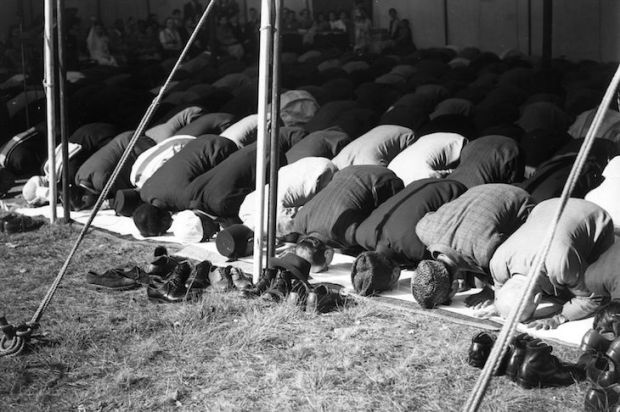
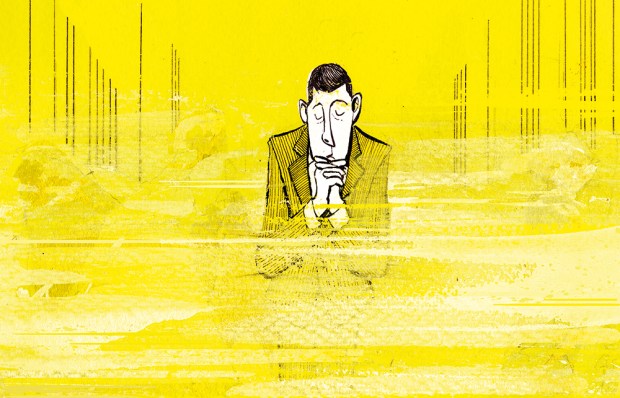
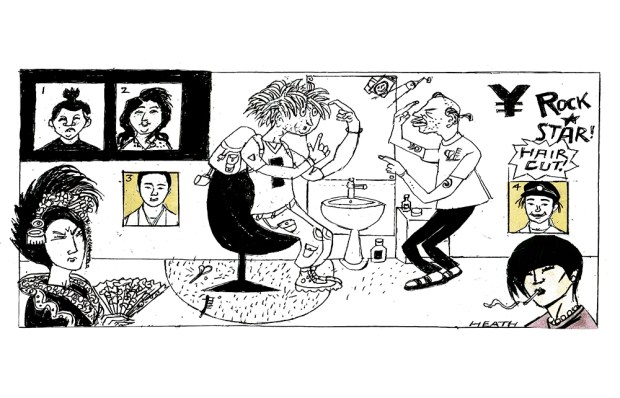
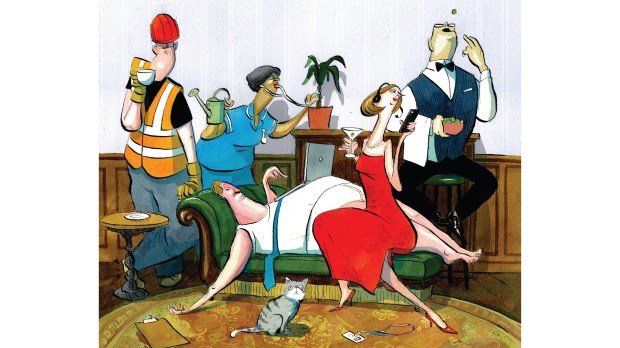
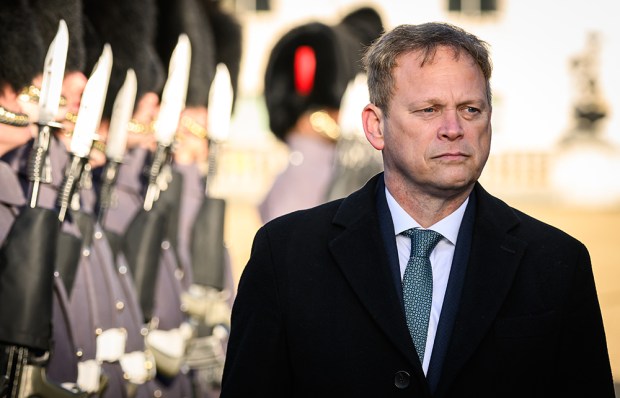







Comments
Don't miss out
Join the conversation with other Spectator Australia readers. Subscribe to leave a comment.
SUBSCRIBEAlready a subscriber? Log in